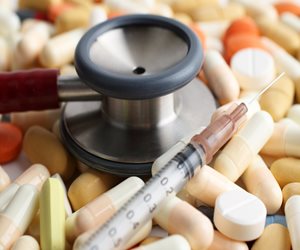Exclusive accelerated approval drugs comprise ‘relatively small share’ of Medicare spending
 Biologics/ biosimilars/ vaccinesNorth AmericaPharmaceuticalsRegulatory Intelligence/Policy
Biologics/ biosimilars/ vaccinesNorth AmericaPharmaceuticalsRegulatory Intelligence/Policy Biologics/ biosimilars/ vaccinesNorth AmericaPharmaceuticalsRegulatory Intelligence/Policy
Biologics/ biosimilars/ vaccinesNorth AmericaPharmaceuticalsRegulatory Intelligence/Policy